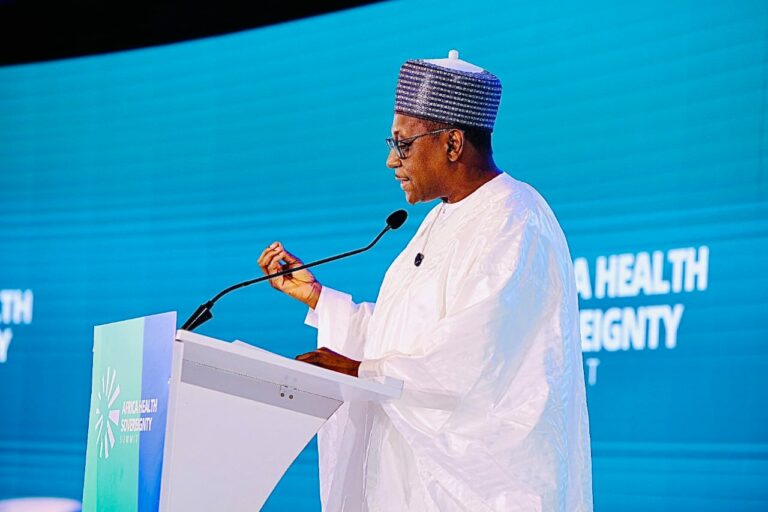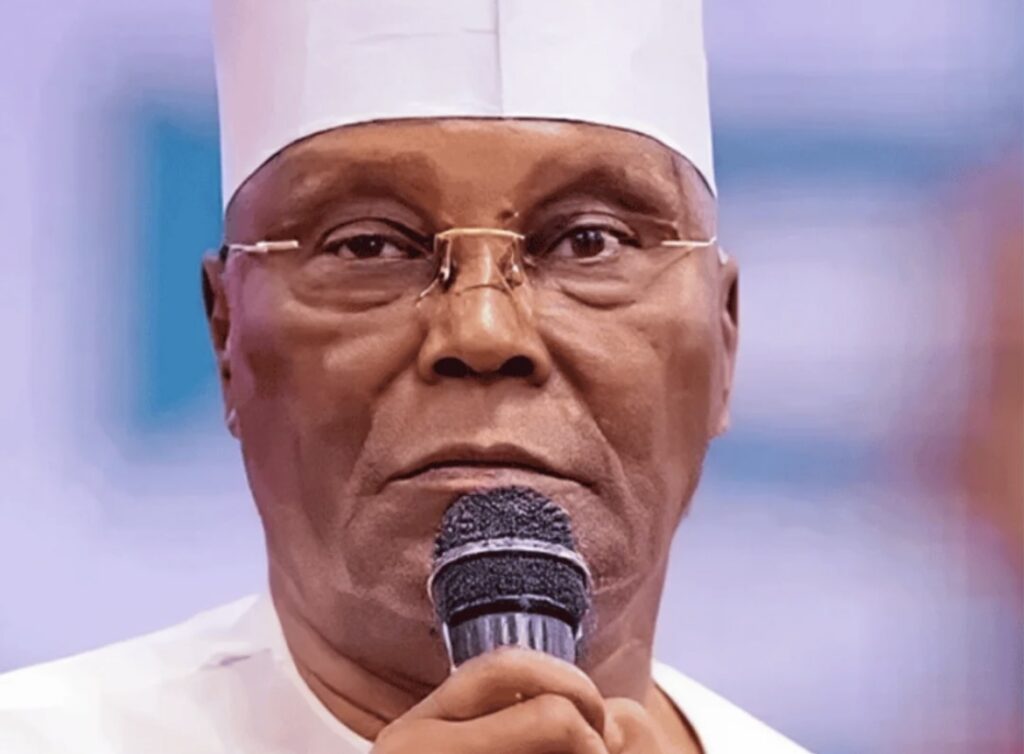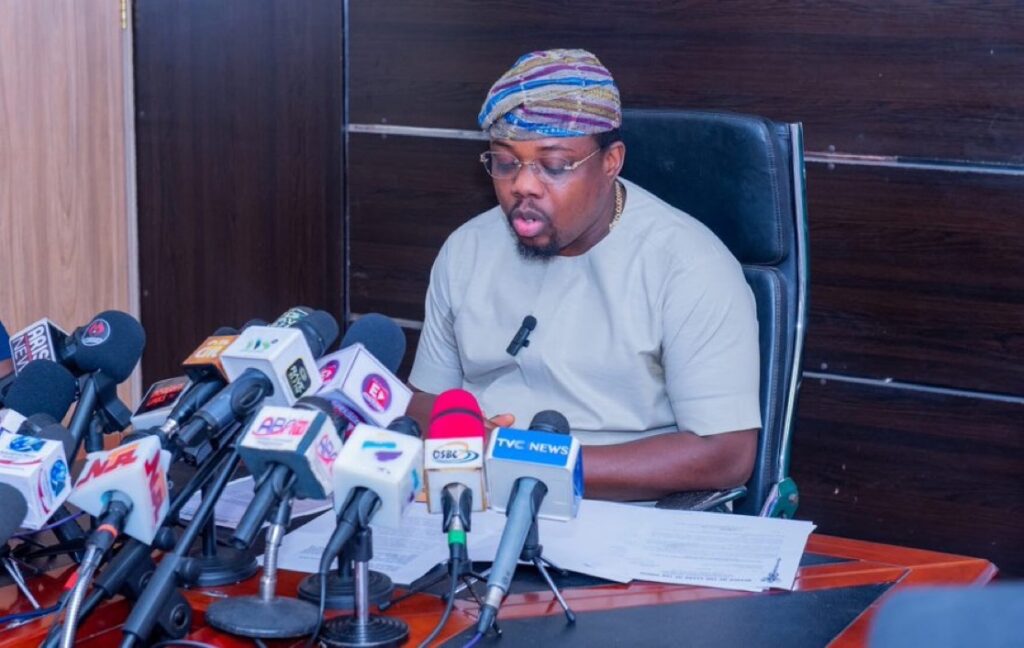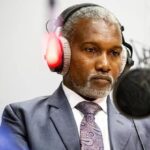FG Begins Talks with Health Unions, Unveils Collective Bargaining Committee

The Federal Government has formally inaugurated a committee on collective bargaining for the health sector, marking the official start of structured negotiations with major health unions and professional associations.
The inauguration, which took place on Friday in Abuja, is in line with Articles 1 and 2 of the guidelines on collective bargaining agreement machinery, aimed at addressing long-standing grievances in the nation’s healthcare system.
According to government sources, the committee will engage with the Nigerian Medical Association (NMA), the Joint Health Sector Union (JOHESU), the National Association of Nigerian Nurses and Midwives (NANNM), and other allied health groups. The talks will focus on issues including remuneration, working conditions, professional development opportunities, and the general welfare of healthcare workers.
The move comes amid heightened industrial tension in the health sector. The NMA recently issued a fresh 21-day ultimatum to the government over unresolved demands, while NANNM suspended its warning strike to await government action.
JOHESU has also threatened to embark on a nationwide strike if its concerns are not addressed.
The newly inaugurated committee is headed by the Office of the Head of the Civil Service of the Federation, with Mrs. Didi Esther Walson-Jack serving as chairperson.
Speaking at the ceremony, Walson-Jack described the committee’s mandate as “critical to restoring harmony in the health sector,” stressing that open dialogue and mutual respect would guide the negotiations.
She noted that the government was committed to finding sustainable solutions that balance workers’ welfare with the nation’s economic realities, adding that the outcome of the talks could shape the future of healthcare delivery in Nigeria.
Union leaders present at the inauguration expressed cautious optimism, saying they would give the process a chance but warned that patience among their members was wearing thin.
With the committee now in place, stakeholders say the coming weeks will be decisive in determining whether Nigeria can avert another wave of strikes in the already strained health sector.









